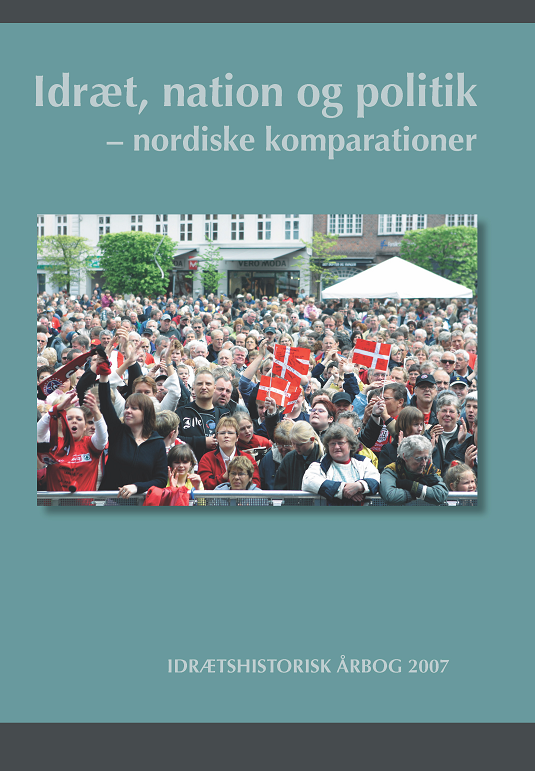Fodbold i grænselandet. Kampen for ungdommen og illegalt arbejde i Tønder frem til 1945
DOI:
https://doi.org/10.7146/ffi.v23i0.31665Resumé
Artiklen beskriver fodboldspillets rolle i grænselandet, for fastholdelsen af det danske sindelag for en befolkning, der var udsat for såvel tysk som dansk kulturel sindelagspåvirkning.
Jørn Hansen: Football in the border region. The struggle for the youth and illegal work in Tønder until 1945
On November 18th 1944 Aage Buhl Rosenkjær died in a German work-camp for prisoners of war in Svesing near Husum. In 1920 Rosenkjær had been appointed as a teacher at Tønder State School, one of the new Danish ‘gymnasiums’ or high schools that were established after 1920 in Danish market towns. It was Rosenkjær’s activities as a teacher of ball games and gymnastics and his community work as voluntary head of Tønder Sports Association and Tønder County Athletics Association that left significant marks on the small border community in Tønder. His interest in sport and his sympathies for Denmark lead to an involvement in work with young people, which during the course of the 1930s developed into a battle between proponents of Danish and German sympathies in the recruitment of young people. The article takes a closer look at the role of football and Rosenkjær in the border region in retaining and extending Danish sympathies in relation to a population that was exposed to both German and Danish national consciousness. This is an influence in which – as far as the formation of national identity is concerned – sports history has most often accorded a decisive role to gymnastics and German »turnen« (gymnastics). However, particular circumstances relating to the border region meant that football played a more decisive role for those who were to choose a national standpoint.

